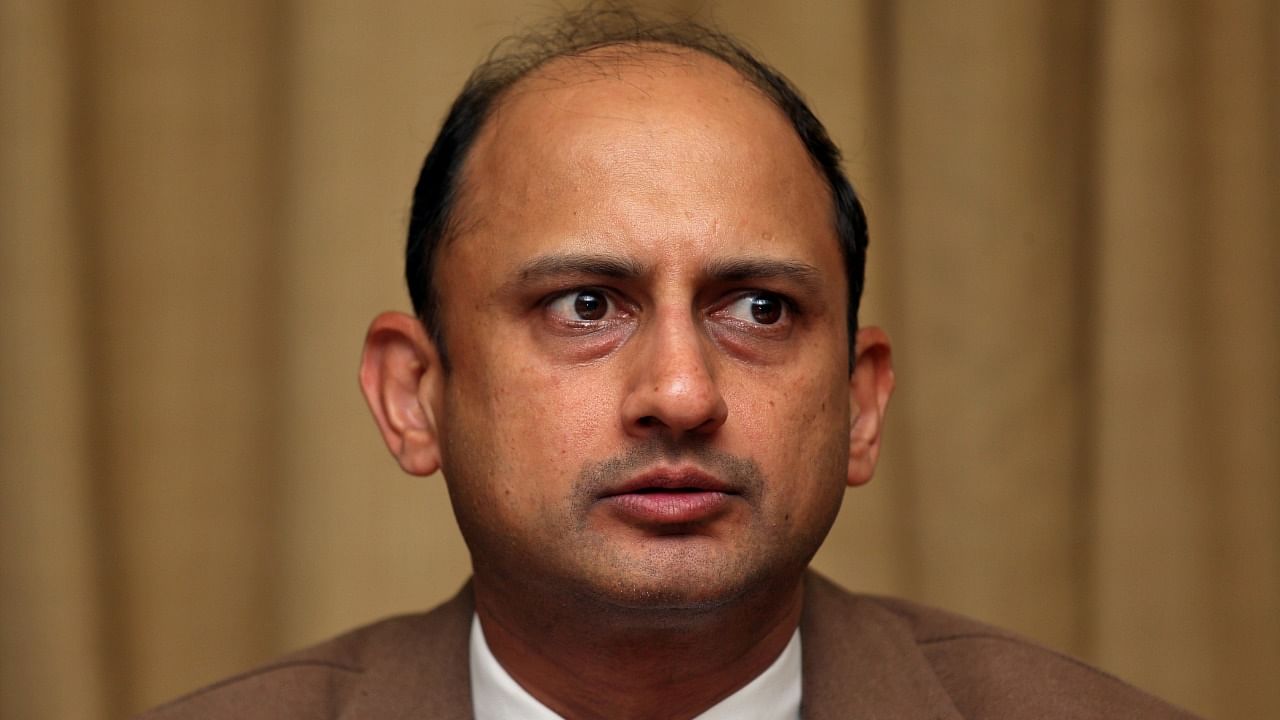
By Anup Roy
India’s biggest conglomerates, which wield immense pricing power in the retail, resources and telecommunication sectors, are contributing to elevated inflation and should be broken up, a former central banker said.
The “Big 5” consisting of Reliance Group, Tata Group, Aditya Birla Group, Adani Group and Bharti Telecom have grown at the expense of smaller local firms, said Viral Acharya who was Reserve Bank of India deputy governor between 2017 and 2019. At the same time, the government’s “sky-high tariffs” have shielded these conglomerates from competition by foreign firms.
“Creating national champions, which is considered by many as the industrial policy of ‘new India,’ appears to be feeding directly into keeping prices at a high level,” said Acharya, who is a professor of economics at New York University Stern School.
Also Read | Finance Minister asks PSBs to focus on risk management amid banking crisis in US, Europe
He suggested such conglomerates should be dismantled to increase competition and reduce pricing power. If that doesn’t work, “throw sand in the wheels by making it economically unattractive to remain a large conglomerate unless productivity gains are truly large,” Acharya wrote in a paper to be presented at a Brookings Institute panel on emerging markets.
Historically, India’s problem was considered to be the opposite — companies were too small and couldn’t emulate the productivity gains of big firms.
Part of Acharya’s reasoning was that Indian consumers could not fully benefit from input price declines as the Big 5 companies control manufacturing of metals, coke, refined petroleum products as well as retail trade and telecommunications.
He said goods inflation remained high in India, even though globally it declined last year after supply-chain issues eased.
India’s elevated core inflation, which strips volatile food and fuel prices from the headline, has kept borrowing costs high. Even though the RBI’s mandate is focused on managing headline consumer prices, core inflation has made its way into policy deliberations. The indicator has stayed above 6 per cent for 17 straight months.
RBI Governor Shaktikanta Das cited a persistently high core indicator as the reason for not lowering his guard on inflation even after raising rates by 250 basis points since May. Economists expect the central bank to raise the policy rate once again next week.